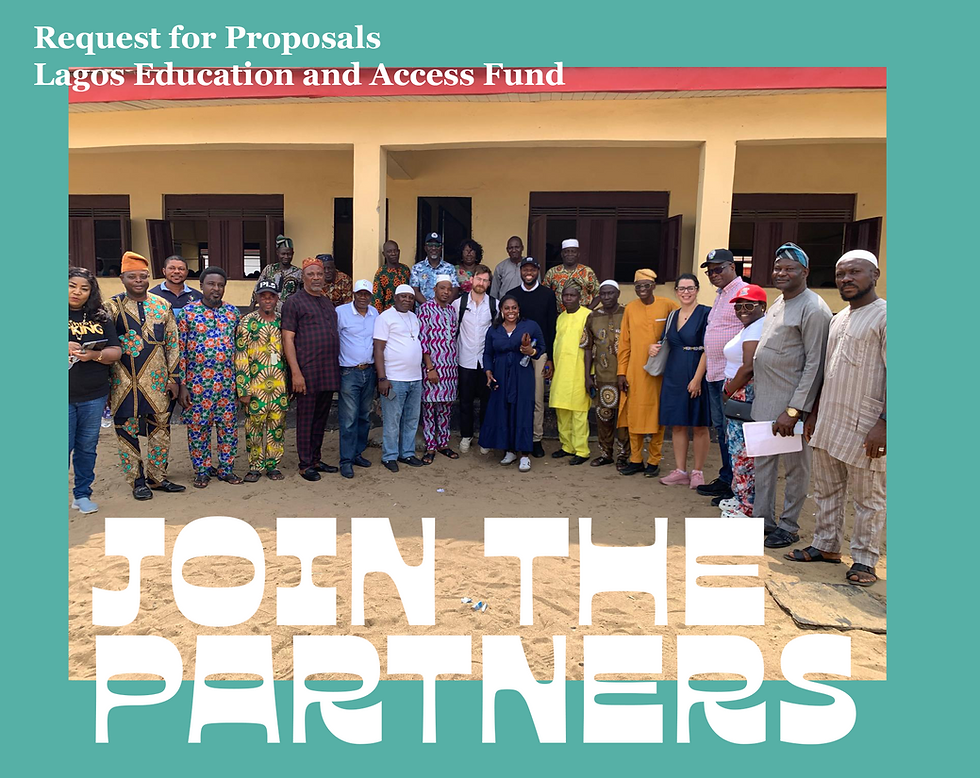EOF CEO Dr. Amel Karboul joins keynote fireside discussion at the GSG Summit
- Oct 14, 2021
- 2 min read
Updated: Sep 26, 2024
How can we design and fund education systems to address entrenched inequality and change outcomes for the most vulnerable and marginalized children—up to half of whom are at risk of not returning to school post-pandemic?
Education Outcomes Fund (EOF) CEO Dr. Amel Karboul used a recent fireside discussion with EOF High Level Steering Group Member Theo Sowa and Safeena Husain, Founder and Executive Director of Educate Girls, at the Global Steering Group Impact Summit, to explore the ways in which impact investing can change the global education landscape.
In order to serve the most vulnerable, the panel emphasized that education financing must be inclusive, equitable, and gender sensitive. In the first instance, this can be achieved through aligning the outcomes, infrastructure, and metrics financing channels to focus on attendance over academic grades. This shift might seem counterintuitive but, as Ms. Husain told the audience:
“If we continue with a business-as-usual approach to financing, then a lot of our children, and our most vulnerable children, will get left behind.”
Ms. Sowa echoed this, suggesting that while government funding and taxation play a role in enhancing education systems, innovative impact investing by outside sources can provide a source of flexible funding that helps strengthen the overall system:
“Funding needs to overturn those discriminations, those oppressions, those inequalities, that have actually made the education system weaker for everyone. I strongly believe that when we have inclusive education and inclusive educational funding, when we make sure that those who have been most discriminated against actually are benefitting from education in equal ways, we strengthen the system for everyone, and we strengthen the system for all our countries.”
Shifting the lens through which funders approach education investment to focus on inclusion and attendance would help reshape the delivery of education and deliver impact for those that need it most.
Dr. Karboul concluded the session with a challenge to those working in global education saying that while the current goal of 80% was important, those in a position to challenge the status quo should aim to reach 100% of children.
You can catch up on the full session here: https://bit.ly/3oEBebQ



Comments